Improving my voice and vocal variety - public speaking skills journey
Last Thursday it was a special day for me. I delivered my Project number 6 in my Toastmasters journey. My journey to improve my communication and leadership skills that began 22nd October 2015 at 7:15pm in Telefonica headquarters in Barcelona, Spain.
And last Thursday represented that I crossed the equinox! It means that for the very first time in the last 18 months I’m closer to see “light at the end of the tunnel” although this is not a tunnel at all. I’m learning very valuable skills, I’m receiving constructive feedback (when was the last time someone gave you feedback about your skills? Excluding company performance review processes) .. and this is priceless. I’m not sure why Toastmasters is not more well-known. Everyone agrees communication skills are essential nowadays, we are living in a world of persuasion, we are living in a world with blurry frontiers in management styles, a world where giving orders to accomplish projects successfully is not welcome anymore in most industries, nowadays communication is the key, learning how to influence and how to deliver a powerful message is quite important.
Today I want to share what I learned while preparing and delivering my project number 6. In this project the skills that I had to practised is my vocal variety. Phew! Which is my achilles's heel. Learning how to modulate my voice is an area that I need to improve. Specially when I need to deliver a presentation in a language that’s not mother language. I sound flat and I'm working to improve in that area. Here the keys learning based on the feedback I received
- I need to start speech with passion. Louder, projecting my voice in high pitch (more info below)
- I was told that I improved my pauses and my silent moments compared to my previous presentations, but still I do need to make longer pauses. I will try in my next speech to do longer pauses which it will be related to cover the different core ideas. If I have a speech with 3 core ideas I need to make 3 pauses
- I have work to enhance the pace of my talk (more info below)
What I have learned while preparing my project number 6 is that vocal variety is more important than I thought. Below you can find a summary of my learnings.
Vocal variety objectives
Improve the four Ps used when delivering a presentation/talks
1. Pitch
2. Pace
3. Power
4. Pauses
How I did it/what I practiced/what I tried:
For the Pitch, I played with different emotional content. A sad voice takes on a different pitch than a content voice, which is distinct from an excited voice, and so on. I played with my pitch level during my 7 minutes speech to reflect this feeling.
Pace I slowed down through key statements. My speech had 2 core ideas that I ensured to slow down to give time to the audience to think about it.
Power (Volume) Here the key is don’t overdo it with changes in volume. I was expressing loud voice to express anger or joy … and I used a quiet voice to express fear or sadness. I also whispered to get audience attention when I mentioned “to share a secret with them”. Anger or joy tends to bring out a loud voice. Fear or sadness calls for a quiet voice.
Pauses. I do still find fascinating that it’s so difficult to master pauses … theory is simple, don’t talk for a few seconds, let’s do short pauses following every sentence and longer pauses at the ends of paragraphs or transitions within my speech. Pauses are important to give time my audience to process the words I’m spilling.
“When you stand in front of an audience, your sensation of time is distorted. That’s why inexperienced presenters speak too rapidly”
I cannot agree anymore with the father of Dilbert. I’m working actively to improve the use of my pauses and manage better my tempo
Overall I’m very happy with what I learned while preparing and delivering this speech. It’s true that I’m still far from greatest presenters, but it’s also true that as Ralph W. Emerson brilliantly said "All the great speakers were bad speakers at first."
Now at least I know that in my next presentation I need to pay attention to the four P’s. A couple of years ago I would not even consider this while preparing my next Localization presentation. Now I know how different I will sound focusing my pitch in different circumstances depending on the emphasis I want to put in my message. for example:
Are you interested in watching my first 2 minutes of my speech? Ok here it goes. I feel shy sharing this but do not hesitate to reach me out to give me feedback so my next speech can be better :)
Have a wonderful weekend and if you happen to be around Barcelona do not hesitate to contact me to attend to our next Toastmaster session!!
@yolocalizo
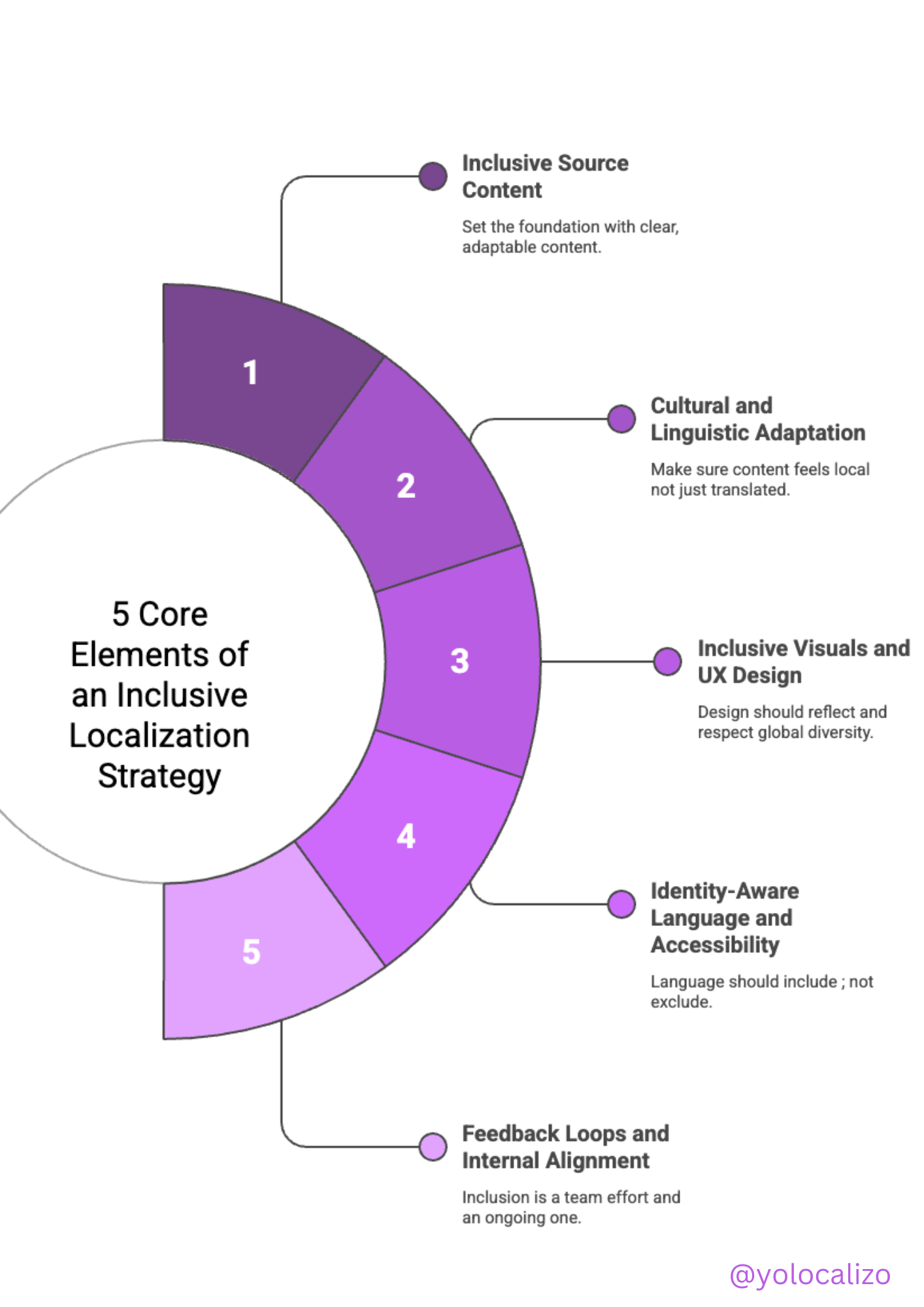

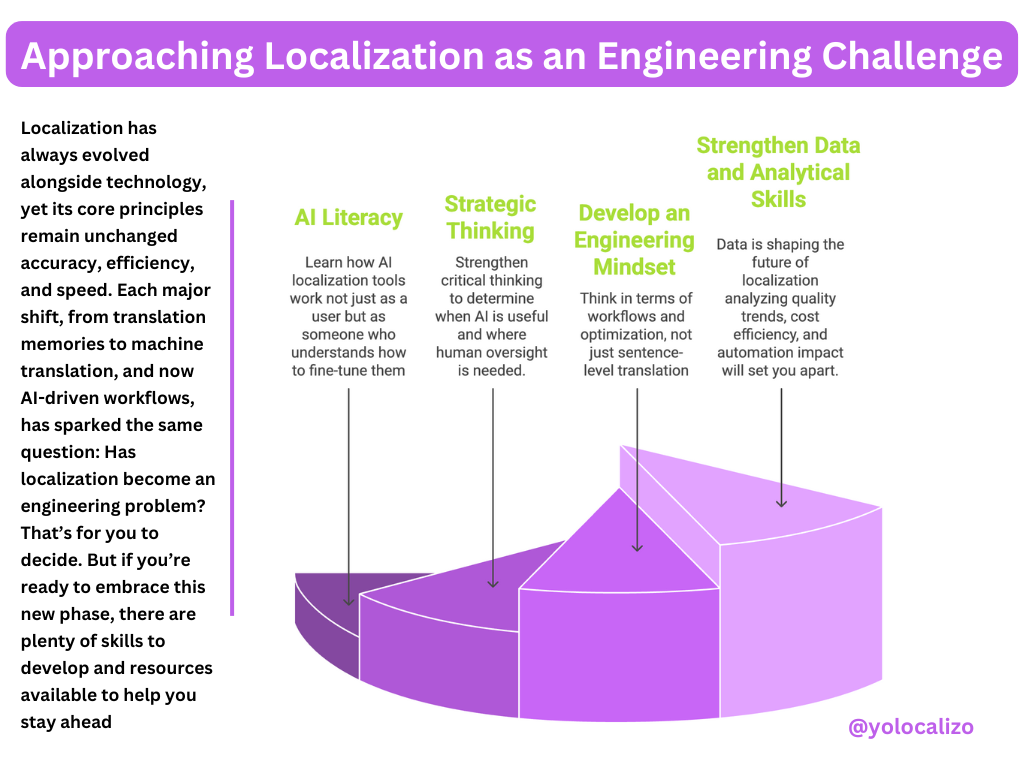
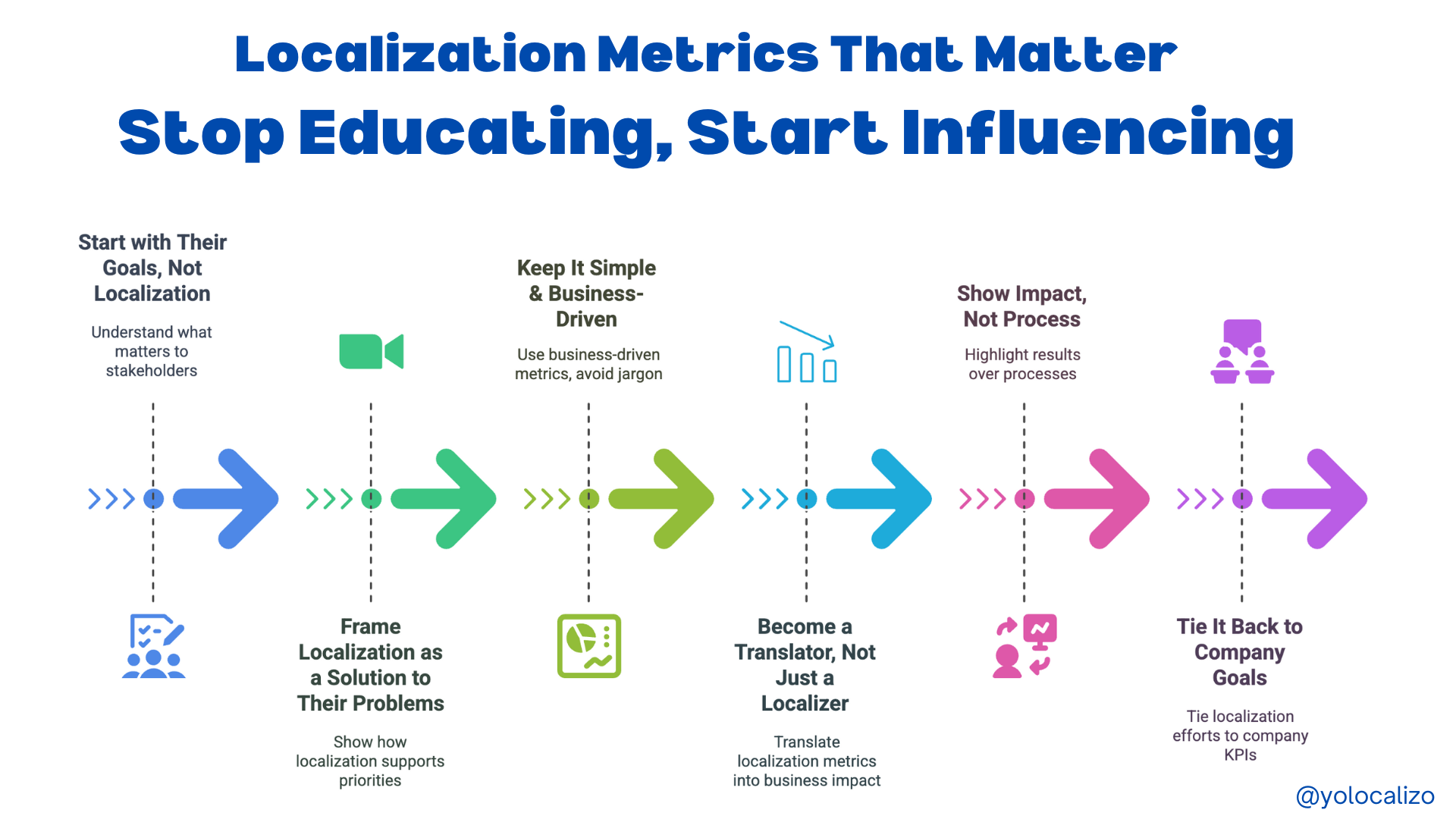


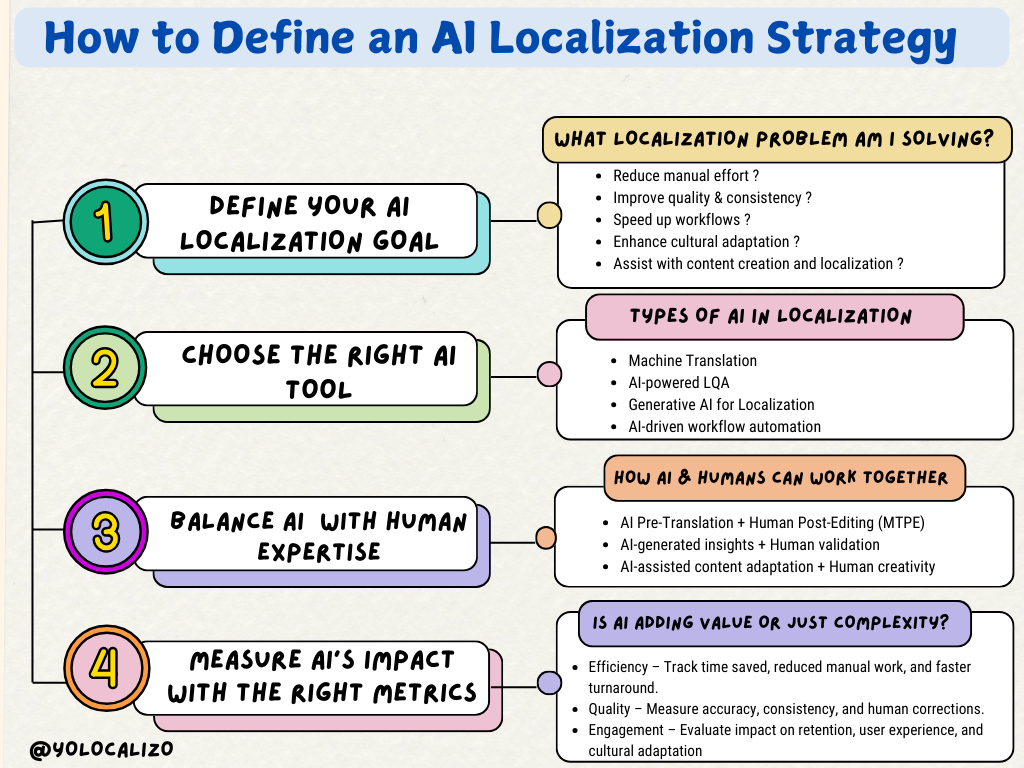





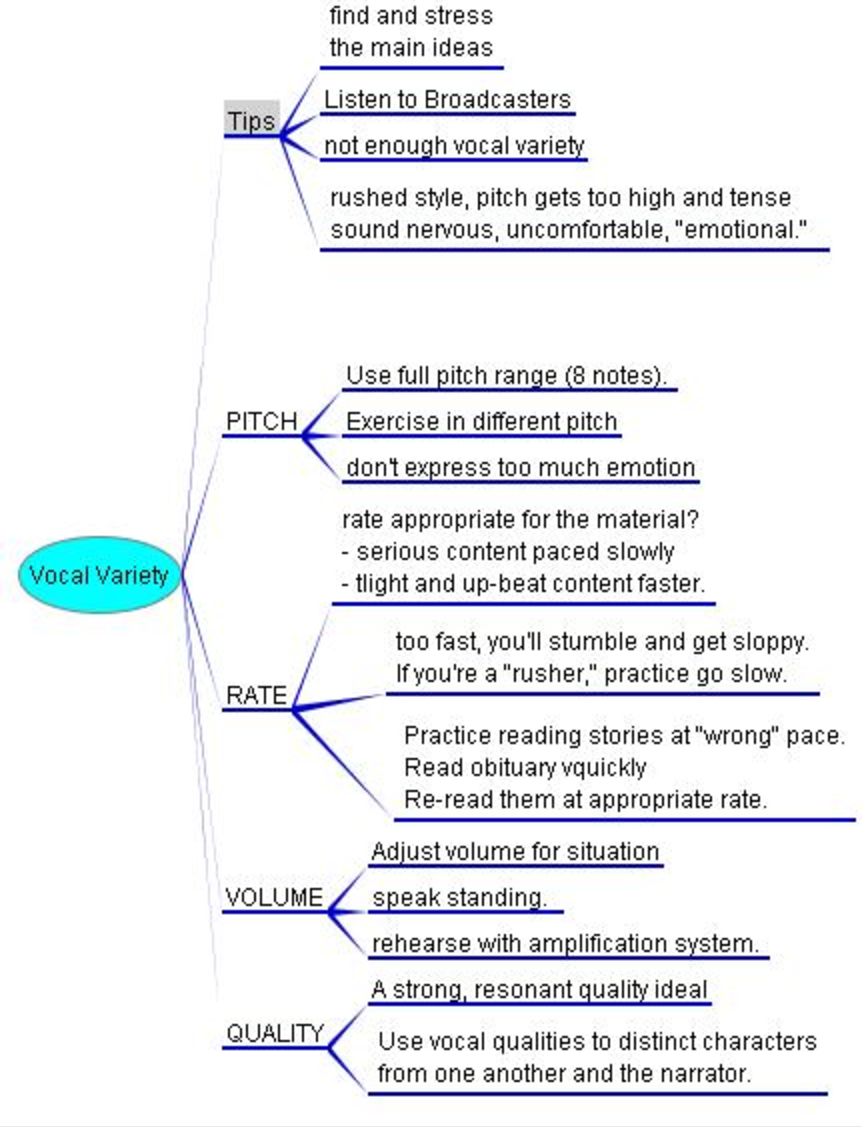



Localizability has always been a challenge small issues in source content often lead to big problems later in translation. In this post, I explore how AI is giving localization teams a powerful new way to improve source quality, reduce friction, and create better content for every market right from the start.